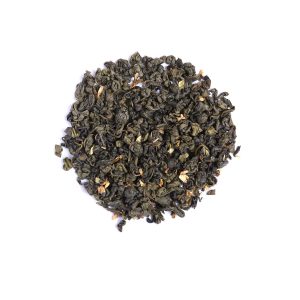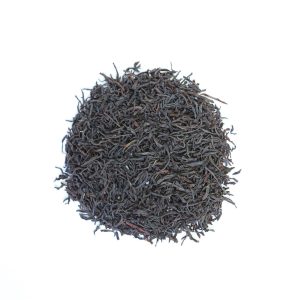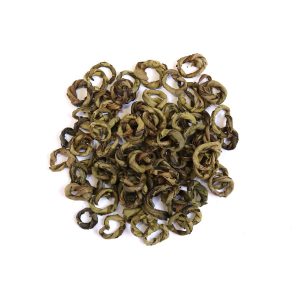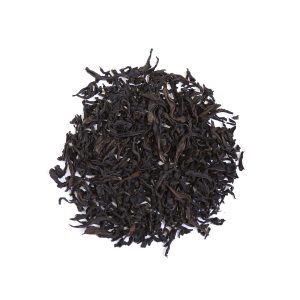Brewing Hints: Brew for four to five minutes before serving
Leaf: Small even leaves (Pekoe Fannings)
Origin: Kenya
Characteristics: A bright, brisk pleasantly flavoured, superior quality tea. Better than most decaffeinated tea currently available.
Serving Suggestions: A pleasant tea for those who are intolerant to caffeine
Buy Online - £3.68 – £22.54
 Click & Collect Available From Our Store
Click & Collect Available From Our Store
Orders placed before 12:00 pm available for collection next day*
*Orders placed after 12pm Friday will be ready for Monday. View terms
Product Description
A good quality Kenyan tea is used to make this decaffeinated tea and the ‘direct’ process is used to remove the caffeine to produce a tea that retains its brightness and flavour.
Decaffeination is the removal of caffeine from any product that originally contained it. The three main products that are currently decaffeinated are coffee, cocoa and tea. Decaffeination of coffee is possible using several methods, with many of them being quite harsh on the actual raw materials. Tea however is a lot more delicate than green coffee beans and therefore only two methods are widely used for decaffeination. The first decaffeination of any product was carried out in 1820 by a man called Friedlieb Ferdinand Runge, at the request of the poet Goethe. Runge successfully isolated caffeine from coffee beans but did little to research caffeine or to use the process to any commercial end. The first commercial decaffeination was patented in 1906 by Ludwig Roselius, after an accident in 1903 in which a load of coffee beans became soaked in sea-water and lost much of its caffeine without losing much of its taste. Originally Roselius used Benzene to decaffeinate coffee and was sold as Caffee Hag which was later bought by Kraft Foods. Happily, today Benzene (a known carcinogen) is no longer used in the process. Since then, the basic method of using different solvents have dominated in world production of decaffeinated products. Obviously the chemicals used have caused concern amongst consumers although many companies have described their direct decaffeinated coffee and teas as naturally decaffeinated by using Ethyl Acetate due to this solvent being obtained from the fermentation of sugar cane.
Tea contains caffeine at about 3% of the weight of its dry leaf, which equates to 30-90mg of caffeine per 250ml cup, which is varied by type and brewing method. Although dry tea leaves have more caffeine by weight than dry ground coffee, a cup of coffee contains more caffeine than a cup of tea due to the fact that more dry coffee is used per drink.
Levels of caffeine in tea are not changed by the oxidisation process of tea manufacture therefore black, oolong and green tea have similar amounts of caffeine, although it seems that Camellia Sinensis and Camellia Sinensis Assamica may differ in the amount of caffeine that they contain. It is also said that younger leaves and buds contain more caffeine than older leaves and buds, but this has not been researched extensively. It seems that during the decaffeination of tea scientists have to concentrate on not only removing the caffeine but also maintaining the amount of tannins, as decaffeination can also remove tannin content. Tannins are responsible for the majority of the flavour of tea that we all love so dearly.
Tea, because of its delicate nature one cannot use super-heated steam or lengthy soakings in water or other compounds to decaffeinate, without damaging the quality and flavour of the tea. Therefore, having tasted many decaffeinated teas in our search for what we consider the be the right decaffeinated tea, we ultimately decided to plump for this direct decaffeinated tea.
Our decaffeinated tea is also available in Tea Bags here.






Reviews
There are no reviews yet.